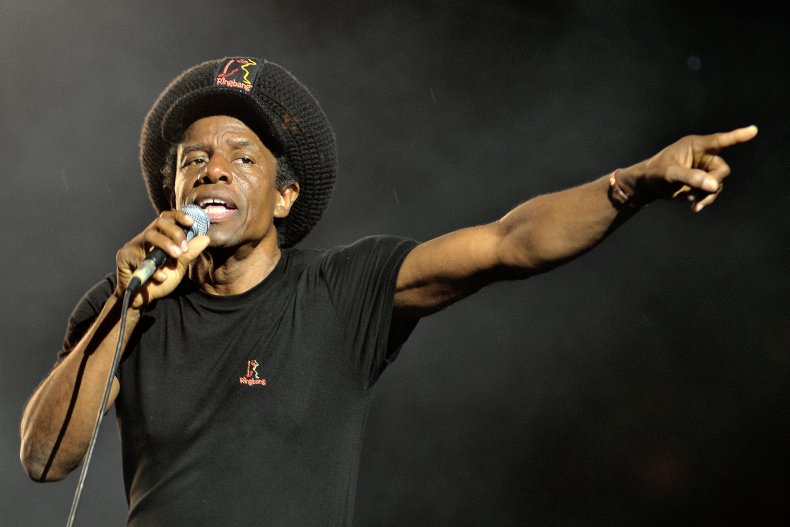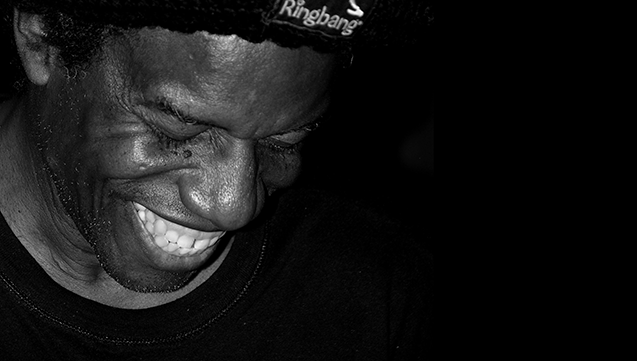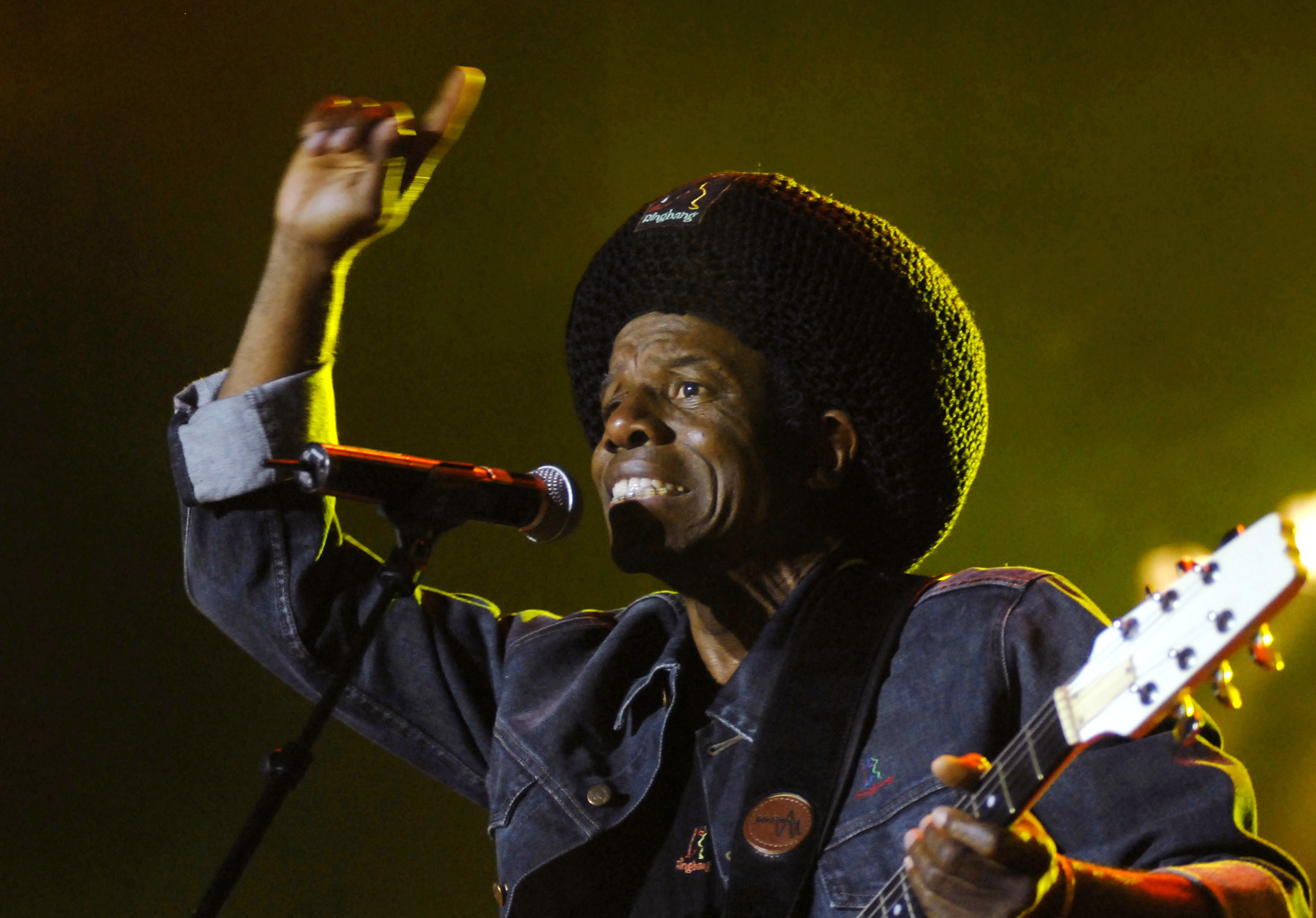get these nets
Veteran
 Billboard
Billboard Twitter Removes Pres. Trump Campaign Video After Eddy Grant 'Electric Avenue' Infringement Lawsuit
9/3/2020

Hayley Madden/Redferns
Eddy Grant performs on stage at O2 Arena on Dec. 12, 2009 in London.
Take down "does not diminish the damages that were already sustained," lawyer says.
Twitter has removed a campaign video for Pres. Donald Trump's that is the subject of a copyright infringement lawsuit from "Electric Avenue" singer Eddy Grant first reported by Billboard on Tuesday (Sept. 1). The action came on the same day that attorney Brian Caplan of Reitler Kailas & Rosenblatt LLC filed the suit in U.S. District Court in the Southern District of New York, claiming that the clip denigrating Trump's White House rival, former Vice President Joe Biden, illegally made use of Grants signature 1983 hit "Electric Avenue" without permission.
"Twitter’s take down of the infringing video does not diminish the damages that were already sustained by the wrongful conduct at issue," Caplan tells Billboard in a statement. "President Trump tweeted the infringing video to millions of his followers, and the tweet was re-tweeted many times. President Trump can admonish China for not respecting U.S. intellectual property law while he simultaneously infringes U.S. copyright law on a regular basis."
The suit is tied to a bizarre animated ad posted on Twitter by Trump's campaign on Aug. 12 which depicts a cartoon version of Democrat Biden driving an old-fashioned train car while a speeding train that says "Trump Pence" and "KAG 2020" zips through a desolate town.
There is no context for the use of the song, which plays as the animated Biden hand-pumps his way through the empty streets in a handcar labeled "Biden President: Your Hair Smells Terrific" while random snippets of old quotes and interviews are played. The lyrics of the song, which include the lines, "Down in the streets there is violence/ And a lot of work to be done," were written by the Black Guyanese-British singer .
Caplan earlier told Billboard that another attorney for Grant, Wallace Collins III, sent a cease and desist letter to the president's attorney asking that the 55-second video be taken down the day after the clip was posted. "You need to get a synchronization license when you sync music to video," Caplan said, noting that Grant owns the master recording and was not asked for permission to use the song, which the suit stresses has a "valid and subsisting" copyright.
A spokesperson for the Trump campaign has not responded to multiple requests for comment.
===========================================================================
However, the song "Electric Avenue" is by Black Guyanese-British artist Eddy Grant and it is about the 1981 Brixton race riots in London when the eponymous street became a site of upheaval and violence.

"Electric Avenue" is from Grant's 1982 album Killer on the Rampage, written in response to what is also known as the Brixton uprising.
The disturbances took place in the mostly African-Caribbean community in the south London neighborhood due to growing tensions from high unemployment, poor housing, and high crime rates. Tensions were further stoked by rumors of young Black men being treated unfairly by the police.

SUIKERROCK FESTIVAL: Eddy Grant performing on stage at Suikerrock Festival in Belgium. Didier Messens/Redferns/Getty
According to reports from the BBC, around 300 officers and 65 members of the public were injured, over the three-day riots, in what has become one of the city's worst modern-day disorders.
Grant spoke about how "Electric Avenue" came to be in a 2018 interview with The Guardian.
"Just before leaving England, I'd watched the Brixton riots unfold on television," the now 72-year-old wrote. "I'd seen the Notting Hill riots starting a few years previously. I wrote down: 'Now in the street there is violence,' and the song just flowed from there. I had been talking to politicians and people at a high level about the lack of opportunity for Black people, and I knew what was brewing."
Grant added: "The general attitude was: 'Oh come on, Eddy, you mean rivers of blood?' I myself might have been successful, but I could have easily been one of those guys with no hope, and I knew that when people felt they were being left behind, there was potential for violence. The song was intended as a wake-up call."
Having already reached number two in the U.K. singles chart after its initial release in 1983, the song became a hit in the U.S., spending five weeks at No. 2 on Billboard Magazine's Hot 100 charts.





